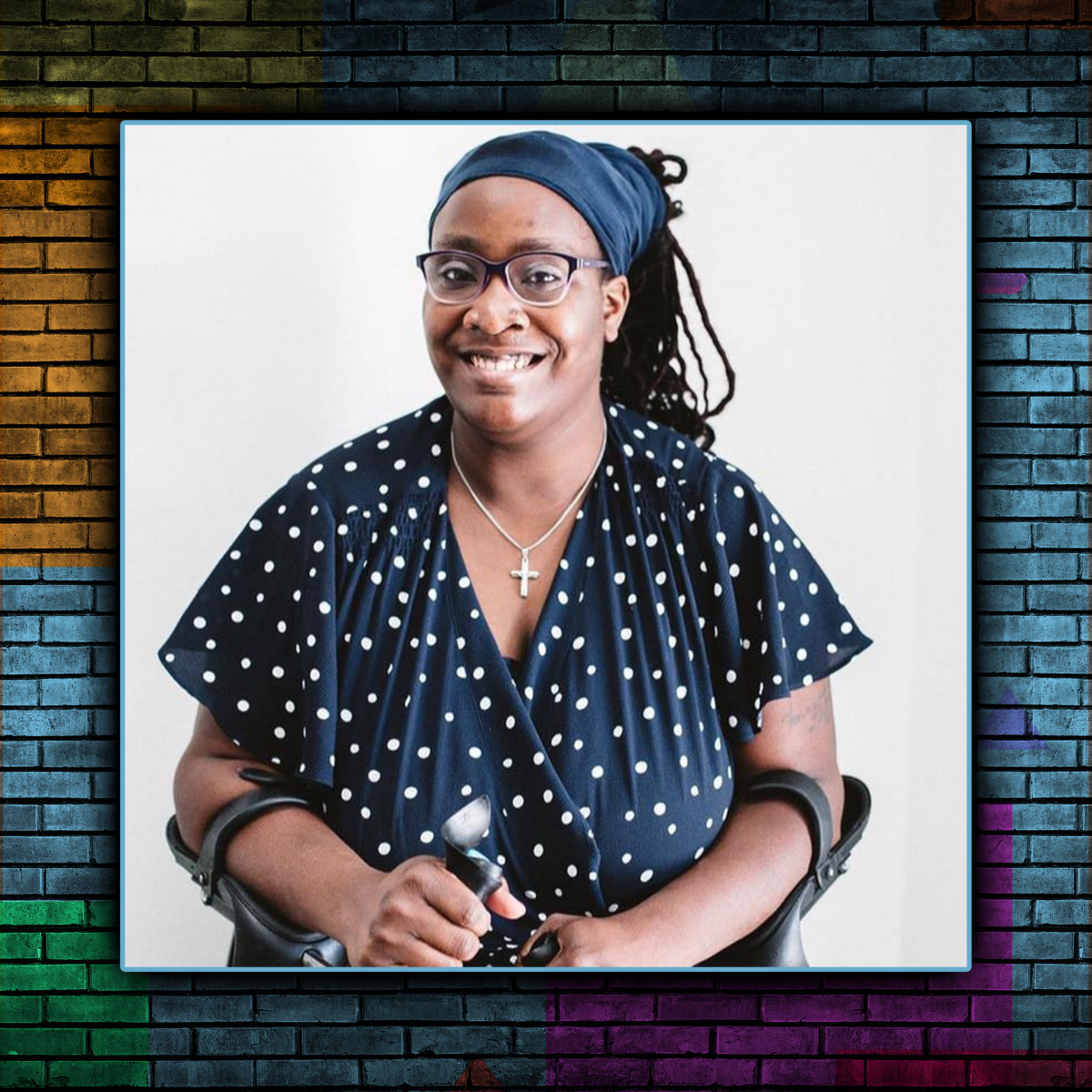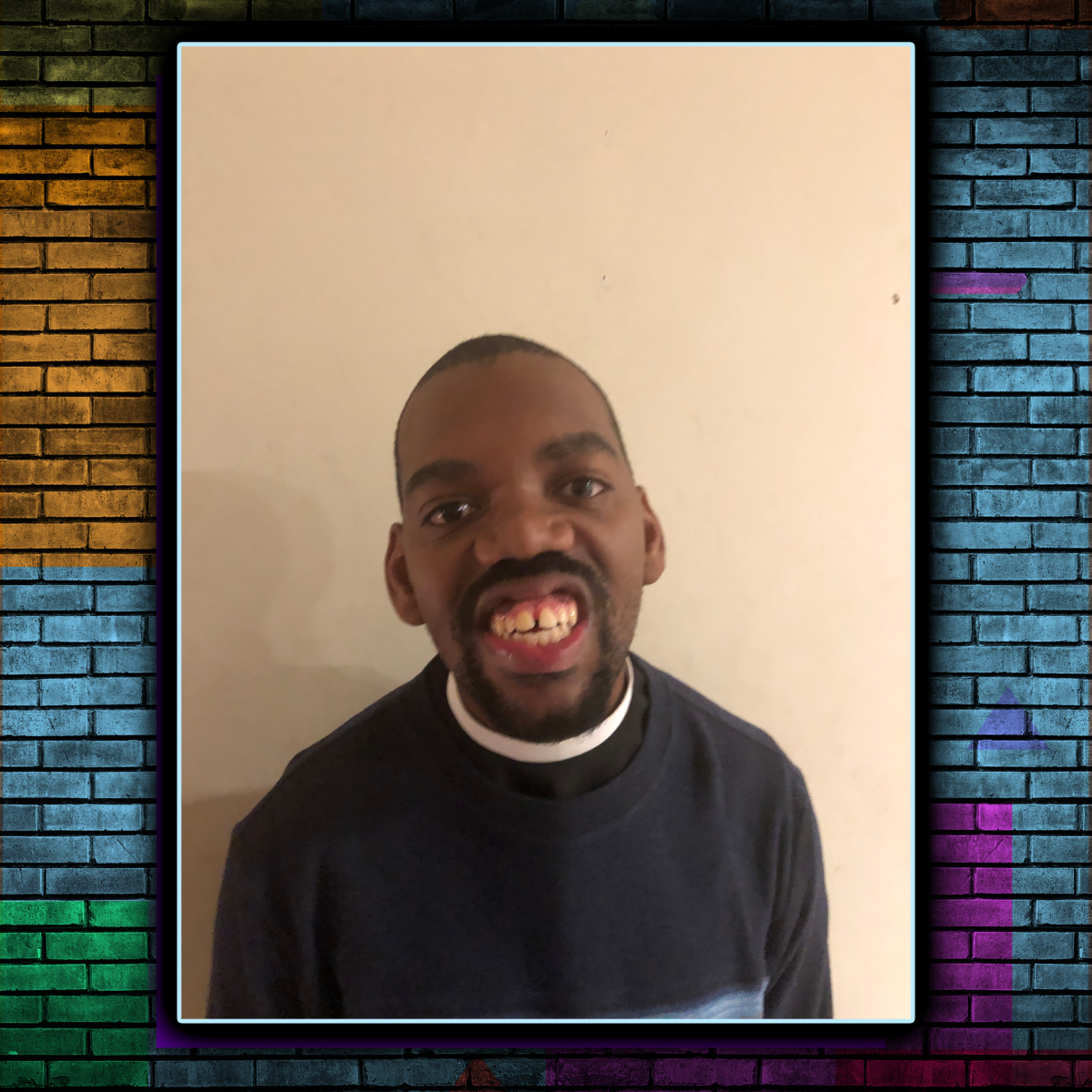Cleansing the Temple of Performative Allyship
13 The Passover of the Jews was near, and Jesus went up to Jerusalem. 14 In the temple he found people selling cattle, sheep, and doves, and the money changers seated at their tables. 15 Making a whip of cords, he drove all of them out of the temple, both the sheep and the cattle. He also poured out the coins of the money changers and overturned their tables. 16 He told those who were selling the doves, “Take these things out of here! Stop making my Father’s house a marketplace!” 17 His disciples remembered that it was written, “Zeal for your house will consume me.” 18 The Jews then said to him, “What sign can you show us for doing this?” 19 Jesus answered them, “Destroy this temple, and in three days I will raise it up.” 20 The Jews then said, “This temple has been under construction for forty-six years, and will you raise it up in three days?” 21 But he was speaking of the temple of his body. 22 After he was raised from the dead, his disciples remembered that he had said this; and they believed the scripture and the word that Jesus had spoken. – John 2:13-22
May the words of my mouth and the meditations of my heart be acceptable to you, O Lord, my rock and my redeemer. – Psalm 19:14
As we continue our Lenten journey chronicling the life and ministry of Jesus, I invite you to quiet your body, allow oxygen to fill your lungs, and to hear anew the story of Jesus cleansing the temple.
In Jesus’ time, the Passover was one of the three times a year that Jewish people were to report to Jerusalem to participate in religious festivals. The feast of the Passover, the backdrop for our story, is one of these festivals and commemorates God delivering God’s people from slavery in Egypt. During this festival each year, Jewish people came from far and wide to sacrifice animals in the temple in remembrance of the very first Passover.
In our scripture, as Jesus approaches the outermost part of the temple, he sees what our modern sensibilities might have interpreted as a barn of fine animals alongside people who were bartering and negotiating their exchange. Then, as quickly as we see Jesus approach, we see his face grow red and his fists clench. He raises his voice, flips tables, and drives the animals out with a whip of cords in a flurry of movement. In response, the Jews who were present question Jesus’ actions, asking “who are you to do this?” His response was simple, but coded, “destroy this temple – this body – and in three days I will raise it up.”
Now that we have the whole story, let’s pause for some more context. Put simply, the gospel of John’s purpose is to further convince those who already believed in Jesus that Jesus is, in fact, the Messiah. So, Jesus probably isn’t upset that the fancy animals are in the only place where gentiles could potentially come to pray and to know God. Instead, it appears that Jesus is exercising his authority over the temple in a different way.
You see, the reason these people and animals were in the outermost part of the temple to begin with, is because it was most convenient for those traveling from afar. Instead of figuring out how to get from home to temple with an animal fit to sacrifice for such an auspicious occasion, they were treating the temple as a one-stop-shop… walk in, select animal, negotiate a good price, sacrifice and done.
It seems to me that this is what Jesus was angry about. People who were only willing to do just enough, the bare minimum, to honor God without the sacrifice of giving their actual personal best and journeying with their own animals from home. Or, of a broader stroke, people who emptily went through the motions of a deeply meaningful spiritual practice without the willingness to do the hard, messy work of lugging their best selves from wherever-they-came-from to the temple for sacrifice. I imagine Jesus might have seen this as cheap, or perhaps feigned, worship.
As Christians, called to participate in God’s kin-dom, our involvement in process of disability justice, education, and awareness is both an exercise of spiritual practice and an act of worshipping the same God for whom Jesus travelled to Jerusalem to honor. As such, I think an awful lot about performative allyship and its implications for faithful praxis and living.
I have been blessed to be in relationship with many people of varying abilities and disabilities over the course of my life. And to tell you honestly, when it comes to being an ally, I’ve made a lot of mistakes. In fact, I’ve probably gotten more wrong than right, but I have learned a lot along the way.
I could tell you story after story of my mistakes and the grace that was extended to me, what I learned, and how I am constantly striving to be a better person and ally to the disability community… but I am quite verbose, and I was only given 1200 words (give or take, most likely give). So instead, I’d like to offer you five condensed lessons that my friends with disabilities, as well as allies to the disability community, have offered me along the way. May they bless you as much as they have blessed me.
- Listen. Educate yourself, and then educate others. If you think you know something about someone with a disability and have not heard it directly from them, you’re probably wrong. While many people with disabilities are happy to tell you about their lives and experiences, it is not their job to educate you, nor do their singular experiences represent all of the disability community. Look for materials from writers, artists, activists, and professionals with disabilities. Look for mentors in the ally community. Visit disability advocacy resource hubs. Read and give yourself time to sit in wonder and curiosity and to formulate questions that you want to explore. Then, as you learn, educate others.
A few places to begin:
- The Disabled God by Nancy Eiesland
- Seek accountability and keep showing up. We all have moments where our mouths, typing fingers, or bodies move faster than our brains, and we say something we have not fully thought through. Build meaningful and faithful interdependent relationships of accountability. Having one or two people who will love you enough to call you into conversation, or call you out if need be, can exponentially contribute to your growth as an ally and as a human being striving to bring about God’s kin-dom on earth. Keep showing up, even when it’s hard.
- Give yourself a long, loving look. Bring your whole, imperfect self to the work. Don’t cut corners and buy your cow at the temple. Commit yourself to the bravery of imperfection and know that your cow might get a little dirty or scraped up in your journey to the temple. Your imperfect offering is better than a manufactured seemingly perfect offering. Expect that you will make mistakes along the way. Some mistakes may be easy to resolve with an apology, others may not.
- Combat Inner Defensiveness. When someone cares enough to correct you, especially someone with a disability, thank them. You may never know what journey they went through to be able to advocate for themselves or learn what they are sharing with you. Their knowledge is a gift… even if it sometimes comes in frustrated wrapping paper. Your job is to hold out your hands, receive it, and proceed faithfully, seeking accountability along the way.
- Combat misconceptions, myths, and excuses in yourself and others. People with disabilities are not your inspiration. They are living their lives just as you are. Allyship disguised as cultural voyeurism is not allyship. There are always power dynamics at play in whose thoughts are published, shared, and disseminated. Amplify the voices of people with disabilities, even if it means quieting your own voice. Good intentions are not an excuse for harmful outcomes. And difficulty of the work is not an excuse for inaction.
Our involvement in process of disability justice, education, and awareness is both an exercise of spiritual practice and an act of worshipping the same God for whom Jesus travelled to Jerusalem to honor. The Kin-dom of God has no time for cheap or feigned allyship. We are called to be all-in and to be a mirror to the image of God in others.
To be an ally is to humble ourselves time and time again, knowing we’re going to make mistakes – and probably make a fool of ourselves – but showing up anyway. It’s about doing the hard, messy work of learning and growing and bringing our full selves to the work. And notably during this season of Lent, it’s about reimagining what it might look like for Jesus to cleanse the temple today.
In the name of God the Lover, the Beloved, and the Love. Amen.
Source: The Jewish Annotated New Testament, 2nd Edition (2017)

Tiffany Jones (she/her) is currently the Minister to Children and Their Families at Calvary UMC in Nashville, TN. Having grown up with a best friend with Down Syndrome, she has always identified as an ally to the disability community. She sees her role as not only seeking to educate herself, but also to educate others along the way. Tiffany is a graduate of Vanderbilt Divinity School where she wrote her Masters thesis on accessible worship with people with intellectual and developmental disabilities (IDD) in the UMC. She served as a Resident Director with Our Place Nashville for nearly three years and is passionate about accessible churches, worship and community for all people, just as God made them. Tiffany is currently pursuing a Masters of Science in Social Work from the University of Tennessee in hopes of one day obtaining her LCSW and specializing in mental health care with individuals with IDD and their families.



Unbound Social